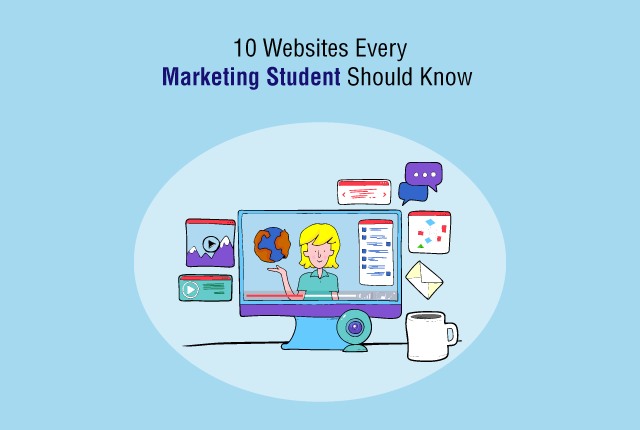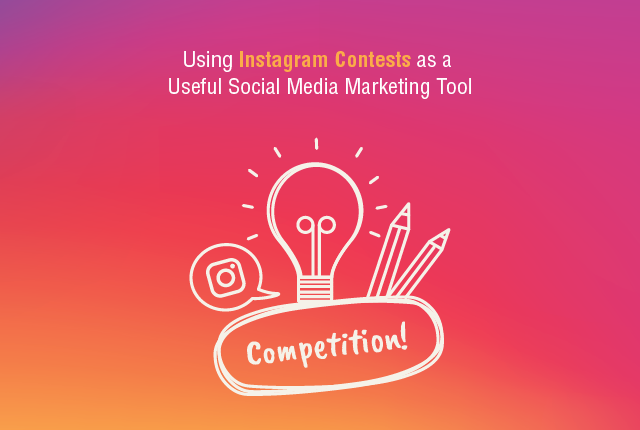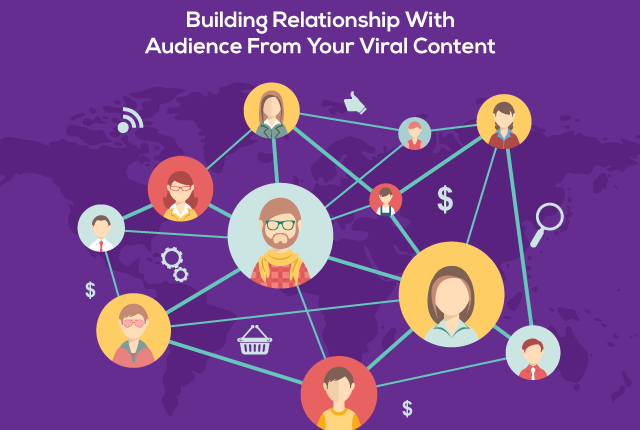Creative Commons Simplified
If I got a rupee for every time I read ‘Content is King’, I’m sure I would’ve made enough be able to give up my job and live a dream life with no worries in the world! Alas! Not to be so!
So seriously, if content is really the king and all; fresh, original content is definitely integral to a sound digital marketing strategy and is an asset that needs to be protected. In the digitally social world we live in today, where we want content to get shared and go viral; how do we really control the way in which it gets shared? How do we ensure that it doesn’t get copied or distorted? Creative Commons seems to be an effective solution. But this will only work if most content writers choose to adopt and abide by the Creative Commons guidelines.
WHAT IT IS
Creative Commons is a non-profit organization that was founded in 2001. It provides legal tools to allow sharing and reuse of creative original content and knowledge. It lets creators share content with some rights reserved. More than 350 million pieces of content have been shared to date under the Creative Commons licenses; including content generated by some of the major content sharing websites likes Wikipedia, Flickr, Wired, etc. Make sure your social media agency knows and uses Creative Commons licenses!
HOW IT HELPS
Original content by default belongs to the creator. He reserves all rights to its distribution, sharing, editing and commercialising. As opposed to this, there is certain data and information that belongs to the public domain. Anyone can distribute, edit, share, commercialise it. Considering the current social media scenario and rapidly developing technology, where there are easily accessible platforms that let anyone create, share and distribute content, enforcing copyrights is a formidable challenge. Creative Commons licenses provide a feasible mid-way between the two extremes viz. content that is ‘public domain’ or ‘all rights reserved.’ They let creators share content by reserving some rights and disbursing some usage and sharing rights to the general public.
HOW IT WORKS
The decision to disburse some elements of copyrights and share content under Creative Commons licenses is the sole authority of the creator. Once the decision is taken, Creative Commons provides six international licenses that the content can be marked with. A content creator can also mark content as ‘public domain.’ Use of the content by any individual other than the creator depends on the terms of the license.
POINTS TO REMEMBER
- Creative Commons licenses do not apply to content in general but only to content that creators have specifically shared under Creative Commons licenses.
- A Creative Commons license cannot be revoked once it is issued.
- Creative Commons licenses are legally enforceable in most cases but decisions regarding the validity, extent and severity of conformance or non-conformance, etc. are left to the discretion of the court of law.
THE SIX INTERNATIONAL LICENSES
| SR. NO. | NAME | CODE | SYMBOL | TERMS AND CONDITIONS |
| 1 | Attribution | CC BY |
|
|
| 2 | Attribution-
Share Alike |
CC BY-SA |
|
|
| 3 | Attribution-
Non Commercial |
CC BY-NC |
|
|
| 4 | Attribution-
No Derivs |
CC BY-ND |
|
|
| 5 | Attribution-
Non Commercial- No Derivs |
CC BY-NC-ND |
|
|
| 6 | Attribution-
Non Commercial- Share Alike |
CC BY-NC-SA |
|
Is content the keystone of your digital marketing strategy? Would you consider sharing it through Creative Commons licences? Does your social media agency use Creative Commons? What do you think are the problems we might face if we decided to popularise the use of Creative Commons?
Do share your opinions and arguments! Let’s discuss, debate, and we’ll be wiser in the end!
Amol Maokar is a Senior Content Writer, previously a journalist, with an extensive experience in creative writing and editing. He has an uncanny knack of adding humour to his content pieces.



what do you think?